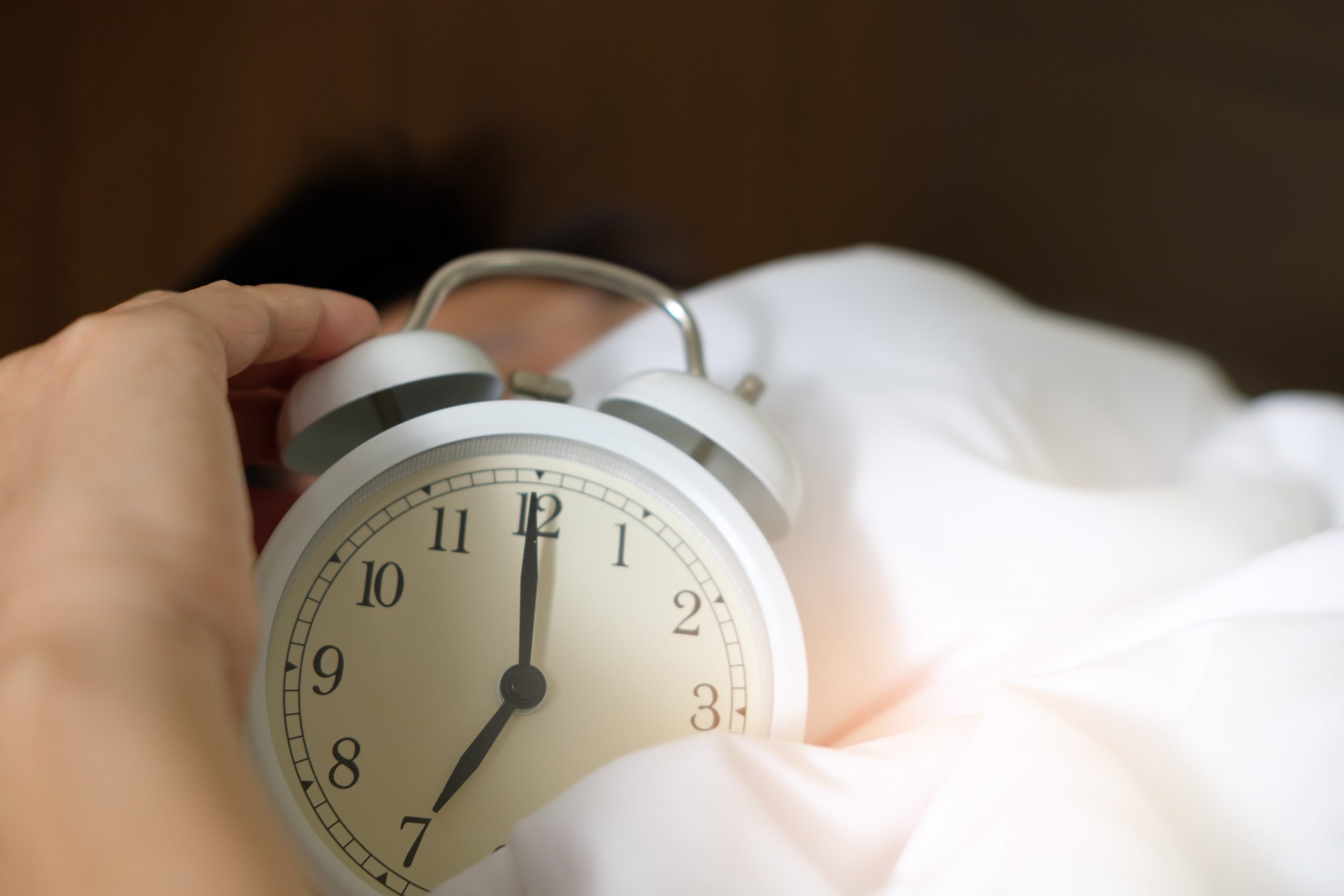I hope you all are getting your daily 30min of physical activity in! Our next topic of discussion is one mostly overlooked. Although we spend many hours of our days sleeping, or a 1/3 of our lives, why is sleep actually important for us?
Although in animal studies it was found to be fatal when denied sleep, in humans reduced sleep is associated with a 12% increase in mortality. Sleeping less than 6 hours per day can also increase your risk of diabetes, cardiovascular disease and obesity, as well as negatively affect your immune system and tissue healing.
Sleep can affect us in various aspects, be it physical, mental or psychological. Sleep is critical for pain modulation, energy conservation, cognitive function, learning and memory. Sleep also helps with the synthesis of important proteins and cholesterol in the body. Without adequate sleep, people can experience increased pain perception, loss of function and reduced quality of life, depression, increased anxiety, attention deficits, and are at an increased risk for accidents, injuries, and fall. Studies have also shown that lack of sleep causes a decrease in control of your appetite and difficulty with fat-loss.
Well, What does sleep have to do with physiotherapy?
Studies have suggested that a lack of sleep is a strong predictor of pain. Lack of sleep or insomnia are associated with migraines, tension-type headaches, fibromyalgia, and other forms of chronic musculoskeletal pain. In terms of sport and exercise performance, a reduction in performance was shown during running, cycling and weightlifting when participants of a study had less than 6 hours of sleep. On the other hand, improved performance was noted in participants who had 6-8 hours of sleep during a study on basketball players.
Sufficient sleep has also been shown to reduce the risk of injuries, where a study on teenagers suggested a risk of 1,7 times more in students who slept less than 8 hours per night, while those who slept for more than 8 hours reduced their injury risk by 61%.
So how can you improve your sleep?
- Try Sticking to a sleep schedule. Create a habit for yourself and your body.
- Avoid alcohol or cigarettes at least 3-4 hours prior to sleeping. Although alcohol can help you fall asleep, it can negatively affect sleep quality and quantity. Similarly, nicotine in cigarettes can impair your ability to fall asleep and stay asleep.
- Avoid caffeine 8 hours before bed.
- Avoid large meals and excess fluid intake 2-3 hours before snoozing.
- Avoid naps late in the day.
- Create the right environment. Make sure your room is cool, dark, and free from electronics.
- Minimize cell phone, computer, and TV usage 1-2 hours before bed.
- Develop a relaxing routine. A hot shower, writing things down in a journal, or reading a book might help you relax and wind down.
- Spend time in the sun. Aim for at least 30-60 minutes, especially in the morning.
- Save your bed for sleep and sex only. If you can’t sleep at night, don’t just stay in bed. Find something to help you relax in a different part of your home.
- Exercise daily (but avoid exercising 2-3 hours before bed)
What is the best sleeping position? We move 2-5 times per hour or 32-33 times per night while adopting 7-8 different sleeping postures. Sleep position is based more on comfort. Unless you have an injury or medical condition which prevents you from sleeping in a certain position, find a position that works best for you and allows you to have the best quality sleep.
Sleep is one of the free tools we have to improve our health and quality of life. So, let us use this time during lockdown to pay attention to our sleep hygiene and improve on our sleeping habits.
Rest well!



